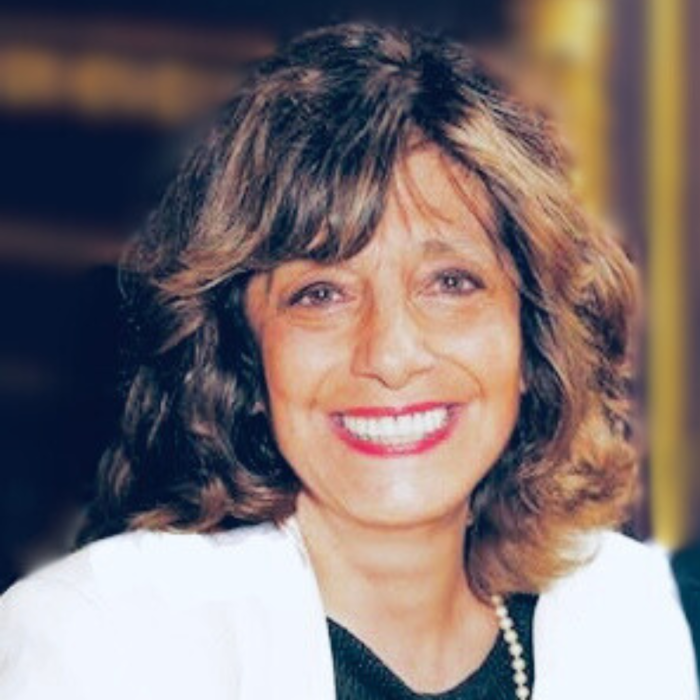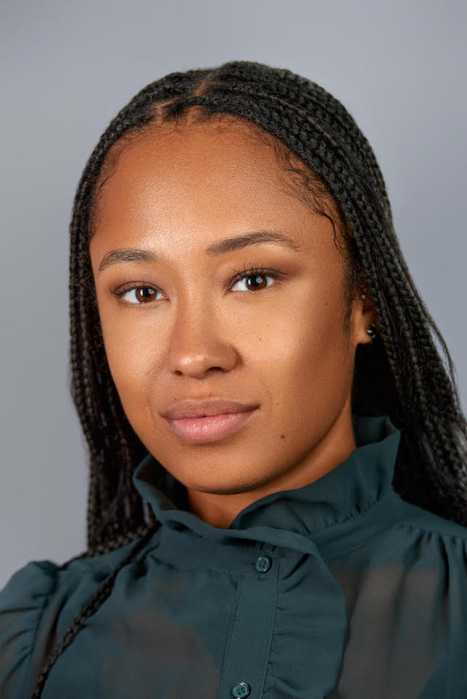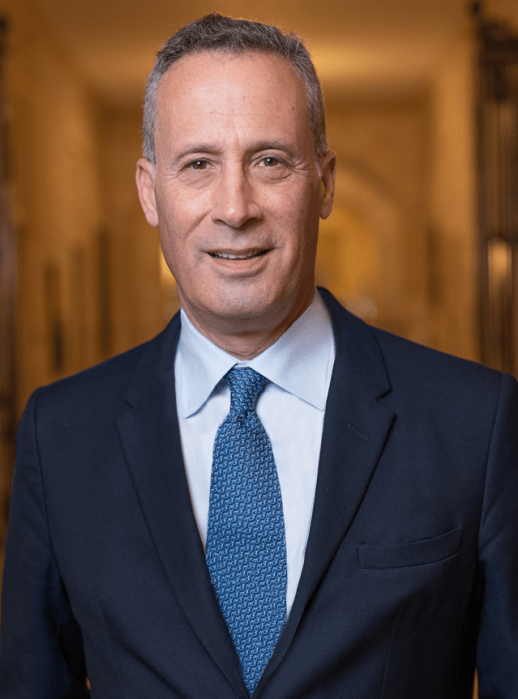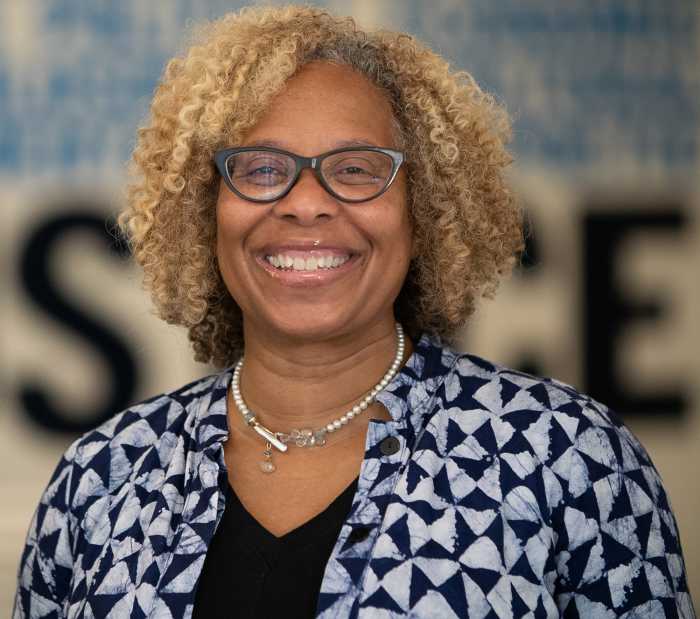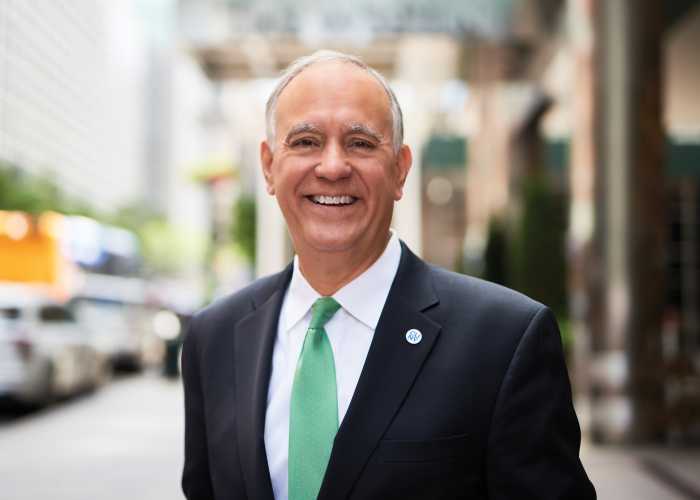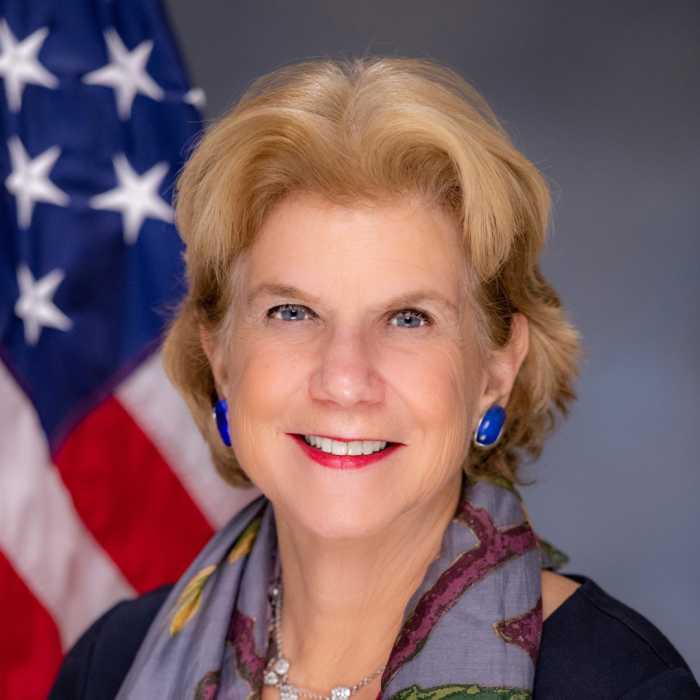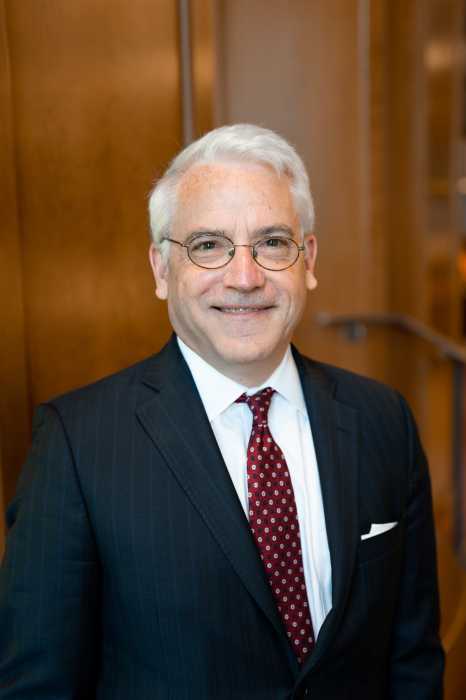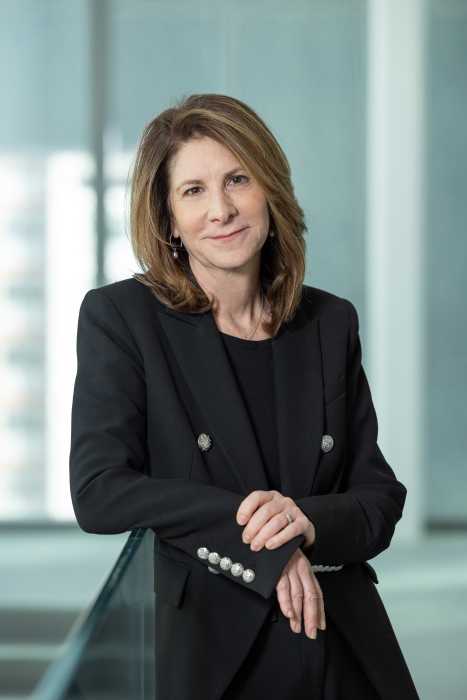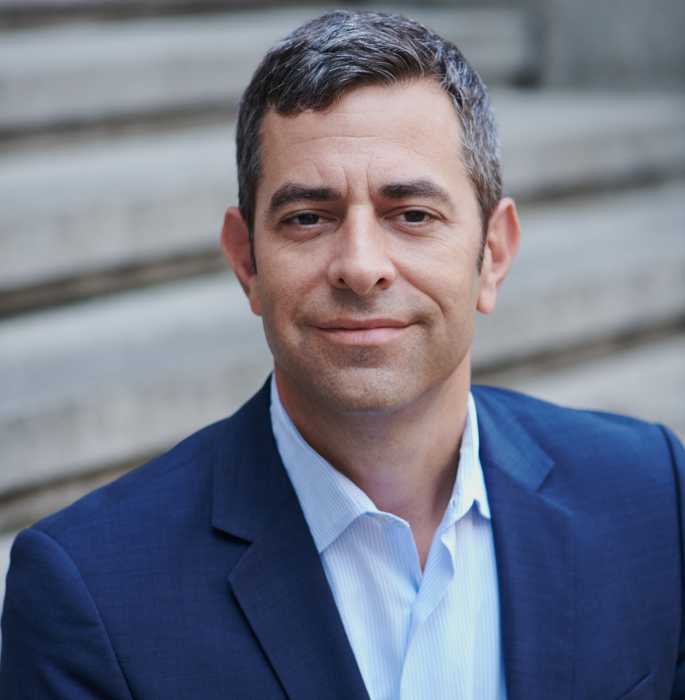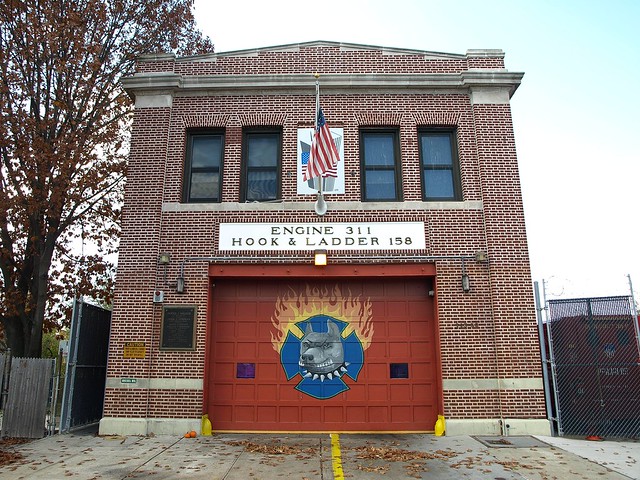Dr. Christine Mangino is the sixth president of Queensborough Community College, CUNY. Previously, she served in several faculty positions and as provost and vice president for academic affairs at Hostos Community College. Dr. Mangino has led the college in creating its first five-year strategic plan, established a Truth, Transformation, and Racial Healing Center, a Men’s Resource Center, an LGBTQIA+ Resource Center, and an equity dashboard for the campus to follow their progress in eliminating equity gaps.
How can policymakers support New York’s students and educators?
Many NYC college students graduate high school having benefited from free metro cards, breakfast, lunch, and textbooks. Just two months later, they enter college, but despite no change in their financial situation, they lose access to these heavily relied-upon resources. This sudden shift impacts their ability to focus on their academic goals. Policymakers can continue to advocate for students by ensuring that access to a college degree is within reach for every New Yorker.
What was your favorite moment or experience in your own education?
My favorite moments in my education were during my student teaching experience. I loved learning from both classroom teachers and college professors while having the chance to apply my pedagogical skills in a real classroom setting. The opportunity to engage directly with students and practice what I had learned was invaluable, as it deepened my understanding of teaching and learning. The experience solidified my passion for the profession.
What is the best advice you have received from a mentor?
The best advice I received from a mentor was to prioritize self-care. There will always be an endless list of tasks that demand attention, but you can’t be truly effective if you don’t take care of yourself first. Whether it’s mental, emotional, or physical well-being, making time to recharge allows you to perform at your best. Self-care isn’t selfish – it’s essential for sustaining energy and being fully present for others, both professionally and personally.




